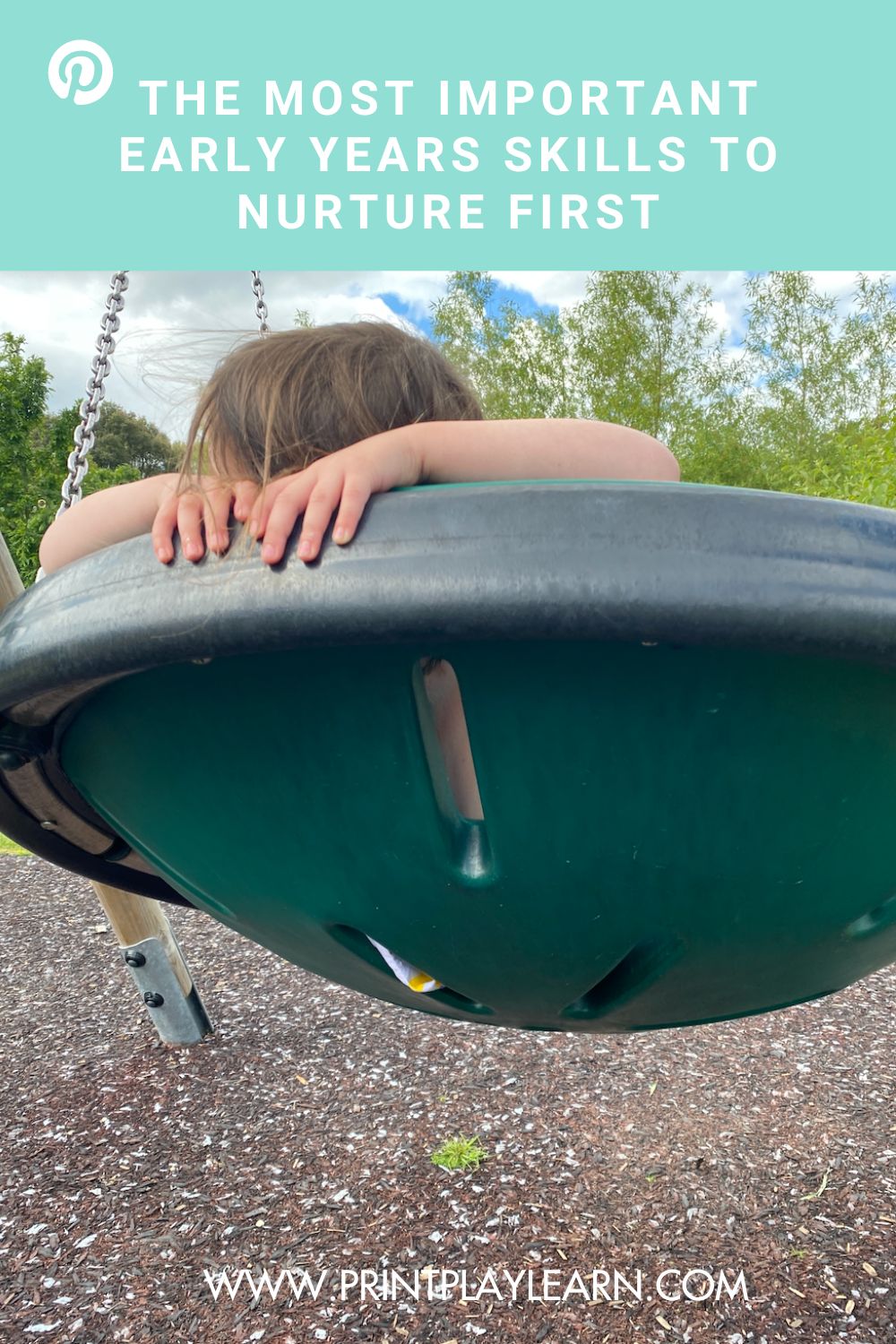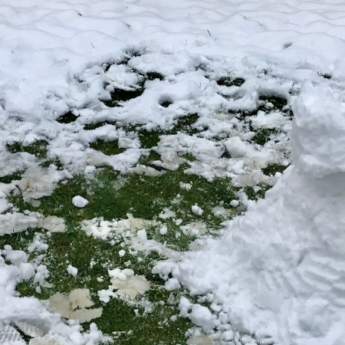The Most Important Early Years Skills to Nurture First
The early years are a precious and important time in a child’s life, and it’s common for us parents to feel an enormous pressure to ‘get it right’ when it comes to supporting our child’s development. The good news is our children learn from the moment they enter the world. Our job as parents and educators is to nurture their natural curiosity and innate need to explore, investigate and play! Here are the 3 core skills to look out for and how to nurture them:
Strengthen small muscles with fine motor skills
Fine motor skills relate to the skills built by strengthening the brain and body connection and working small muscles in the hands, fingers, tongue, lips, and eyes. Fine motor skills are essential to your child being able to eat, write, get dressed, and manipulate objects. There are lots of low-pressure activities you can do to help your little one practice these important skills.
Examples of how fine motor skills are used:
- A baby using a pincer grip to pick things up with their fingers
- A baby using their tongue to move food around their mouth
- A child using pulling up a zip or fastening a button
- A child using scissors to cut paper
- A child gripping a pencil effectively
Activities that help with fine motor skills include:
- Kneading, rolling, squeezing, and shaping playdough
- Picking up pom poms or small objects with tweezers
- Finger painting
- Sensory play with sand/rice/cereal and scoops or funnels
- Mark making with pens, pencils or crayons
- Threading beads or buttons
Build whole body strength and coordination with gross motor skills
Gross motor skills are the skills developed when your child uses their whole body. They’re used from your baby’s first stretches and rolls to the coordination needed to navigate a playground or play sports. The more your child uses their whole body, the more confident, agile, and flexible they become.
Examples of how fine motor skills are used:
- Rolling, crawling, walking etc
- Jumping
- Swimming
- Climbing
- Getting dressed
- Using bikes/scooters
- Throwing & catching
Activities that help with gross motor skills include:
- Free play outdoors
- An obstacle course
- Imaginative play
- ‘Heavy work’ like moving toy boxes or chairs
- Ball games or playing hula hoop
- Jumping on a trampoline
- Playground trips
- Swimming
It’s worth understanding that while gross skills are not thought of as directly related to fine motor skills, core strength and a foundation on solid motor skills are required before your child will flourish at fine motor activities such as writing. This makes it crucial that both fine & motor skills are nurtured together.
Help them to listen and interact using communication skills
Early years communication skills can be split into three areas:
Interactions – Your child’s natural desire to connect with others and engage with the world. For example, playing peekaboo or showing others objects.
Listening and understanding – This relates to supporting your child’s ability to listen closely, focus their attention, and practice comprehension of what they hear.
Exploring language – Language skills relate to the development of your child’s speech and the building of their vocabulary – both what they can understand, and what they can say. Words allow your child to make sense of the world around them, whether they can yet speak or not, so the more spoken language they are exposed to, the better.
Activities that help with communication skills include:
- Narrating what you’re doing as you go about your day
- Singing nursery rhymes together
- Reading books
- Playing with musical instruments
- Listening to music or audiobooks
- Imaginative play
As with everything, when it comes to these core skills, each child develops at their own rate as they grow. Life isn’t a race! However, if you are concerned about your child’s development, please seek the support of a professional.
If you found this helpful, explore the Print Play Learn blog for more ideas on how to support fine motor, gross motor, and communication skills in the early years.

